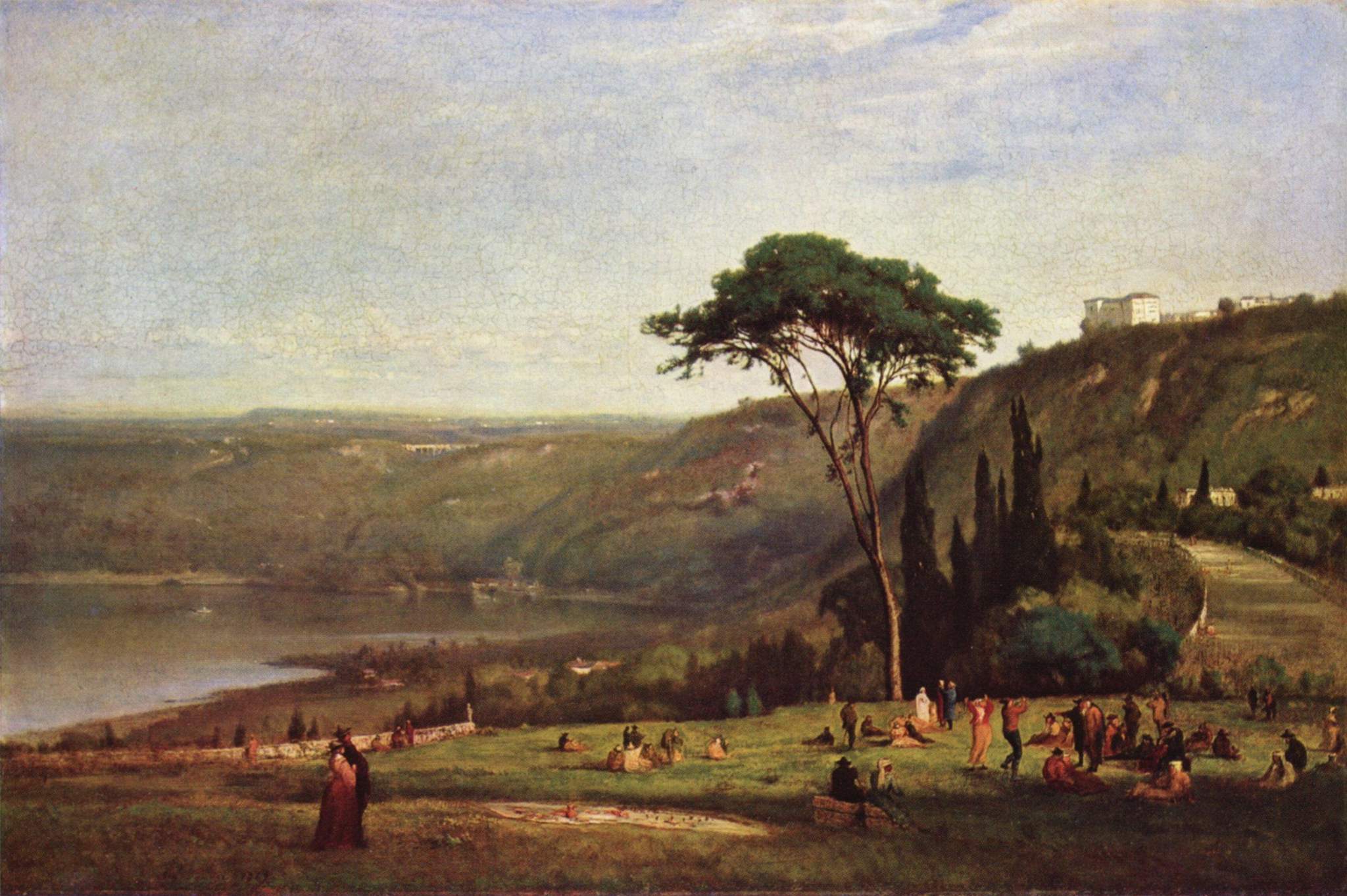To the People,
Having considered some of the principal advantages of the happy form of government under which it is our peculiar good fortune to live, we find by experience, that it is the best calculated of any form hitherto invented, to secure to us the rights of our persons and of our property, and that the general circumstances of the people shew an advanced state of improvement never before known. We have found the shock given by the war in a great measure obliterated, and the publick debt contracted at that time to be considerably reduced in the nominal sum. The Congress lands are fully adequate to the redemption of the principal of their debt, and are selling and populating very fast. The lands of this state, at the west, are, at the moderate price of eighteen pence an acre, worth near half a million pounds in our money. They ought, therefore, to be sold as quick as possible. An application was made lately for a large tract at that price, and continual applications are made for other lands in the eastern part of the state. Our resources are daily augmenting.
We find, then, that after the experience of near two centuries our separate governments are in full vigour. They discover, for all the purposes of internal regulation, every symptom of strength, and none of decay. The new system is, therefore, for such purposes, useless and burdensome.
Let us now consider how far it is practicable consistent with the happiness of the people and their freedom. It is the opinion of the ablest writers on the subject, that no extensive empire can be governed upon republican principles, and that such a government will degenerate to a despotism, unless it be made up of a confederacy of smaller states, each having the full powers of internal regulation. This is precisely the principle which has hitherto preserved our freedom. No instance can be found of any free government of considerable extent which has been supported upon any other plan. Large and consolidated empires may indeed dazzle the eyes of a distant spectator with their splendour, but if examined more nearly are always found to be full of misery. The reason is obvious. In large states the same principles of legislation will not apply to all the parts. The inhabitants of warmer climates are more dissolute in their manners, and less industrious, than in colder countries. A degree of severity is, therefore, necessary with one which would cramp the spirit of the other. We accordingly find that the very great empires have always been despotick. They have indeed tried to remedy the inconveniences to which the people were exposed by local regulations; but these contrivances have never answered the end. The laws not being made by the people, who felt the inconveniences, did not suit their circumstances. It is under such tyranny that the Spanish provinces languish, and such would be our misfortune and degradation, if we should submit to have the concerns of the whole empire managed by one legislature. To promote the happiness of the people it is necessary that there should be local laws; and it is necessary that those laws should be made by the representatives of those who are immediately subject to the want of them. By endeavouring to suit both extremes, both are injured.
It is impossible for one code of laws to suit Georgia and Massachusetts. They must, therefore, legislate for themselves. Yet there is, I believe, not one point of legislation that is not surrendered in the proposed plan. Questions of every kind respecting property are determinable in a continental court, and so are all kinds of criminal causes. The continental legislature has, therefore, a right to make rules in all cases by which their judicial courts shall proceed and decide causes. No rights are reserved to the citizens. The laws of Congress are in all cases to be the supreme law of the land, and paramount to the constitutions of the individual states. The Congress may institute what modes of trial they please, and no plea drawn from the constitution of any state can avail. This new system is, therefore, a consolidation of all the states into one large mass, however diverse the parts may be of which it is to be composed. The idea of an uncompounded republick, on an average, one thousand miles in length, and eight hundred in breadth, and containing six millions of white inhabitants all reduced to the same standard of morals, or habits, and of laws, is in itself an absurdity, and contrary to the whole experience of mankind. The attempt made by Great-Britain to introduce such a system, struck us with horrour, and when it was proposed by some theorist that we should be represented in parliament, we uniformly declared that one legislature could not represent so many different interests for the purposes of legislation and taxation. This was the leading principle of the revolution, and makes an essential article in our creed. All that part, therefore, of the new system, which relates to the internal government of the states, ought at once to be rejected.
AGRIPPA




















































































































































































































![Finley, A. (1829) Pennsylvania. Philada. [Map] Retrieved from the Library of Congress, https://www.loc.gov/item/98688548/.](/content/uploads/2024/02/Map-of-PA--273x190.jpg)


































































































































































































